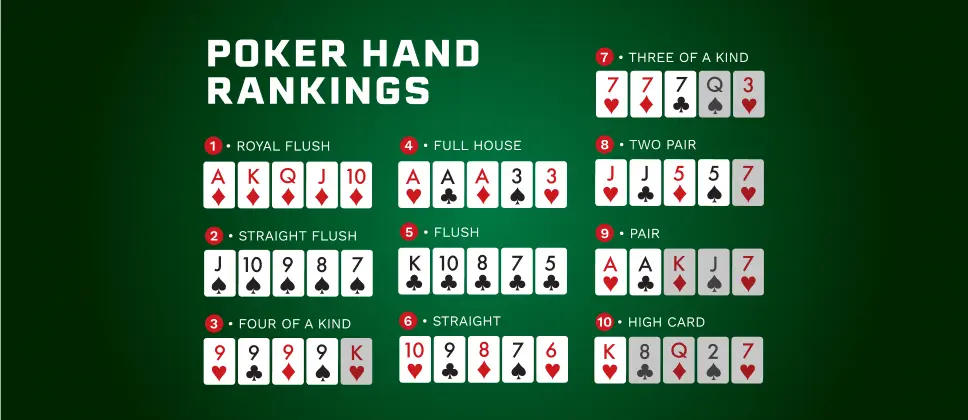Omaha poker, an exhilarating variant of Texas Hold’em, has gained immense popularity in the world of high-stakes poker. Known for its action-packed nature and strategic nuances, Omaha offers players a thrilling alternative to its Texas counterpart. This comprehensive guide delves into the history, rules, notable players, memorable wins, and essential tips for mastering Omaha poker.
Omaha’s roots can be traced back to the United States in the 1970s, and it gained recognition in the poker community during the 1980s. The game’s popularity soared as it became a staple in both cash games and prestigious tournaments, including the World Series of Poker (WSOP).

Rules of Omaha:
- Each player is dealt four private cards (hole cards).
- Five community cards are dealt face-up in the center of the table.
- Players must use exactly two of their hole cards in combination with three community cards to form the best five-card hand.
- Omaha follows the same four-betting rounds structure as Texas Hold’em: preflop, flop, turn, and river.
Most Popular Players:
- Phil Galfond: Renowned for his Omaha prowess, Galfond is a high-stakes specialist and a respected figure in the online poker community.
- Tom Dwan: Known for his aggressive playing style, Dwan has been a prominent figure in high-stakes Omaha games.
- Scotty Nguyen: A decorated poker professional, Nguyen’s success extends to both Texas Hold’em and Omaha, with multiple WSOP bracelets in each variant.
Notable Wins:
- Joe Hachem (2005): The former WSOP Main Event champion demonstrated his Omaha skills by winning the $2,500 Omaha High-Low Split event.
- Robert Mizrachi (2010): Secured victory in the $50,000 Poker Players Championship at the WSOP, showcasing his Omaha proficiency.
Tips for Success:
- Understand Hand Strength: Omaha hands can change dramatically on the flop, so it’s crucial to assess hand strength accurately.
- Positional Awareness: Similar to Texas Hold’em, being aware of your position at the table is pivotal in Omaha.
- Starting Hand Selection: Due to the four-hole card nature of Omaha, prioritize hands with connected cards and potential for high and low possibilities.
- Avoid Overvaluing One Pair: One-pair hands are often vulnerable in Omaha, so exercise caution when placing significant bets.